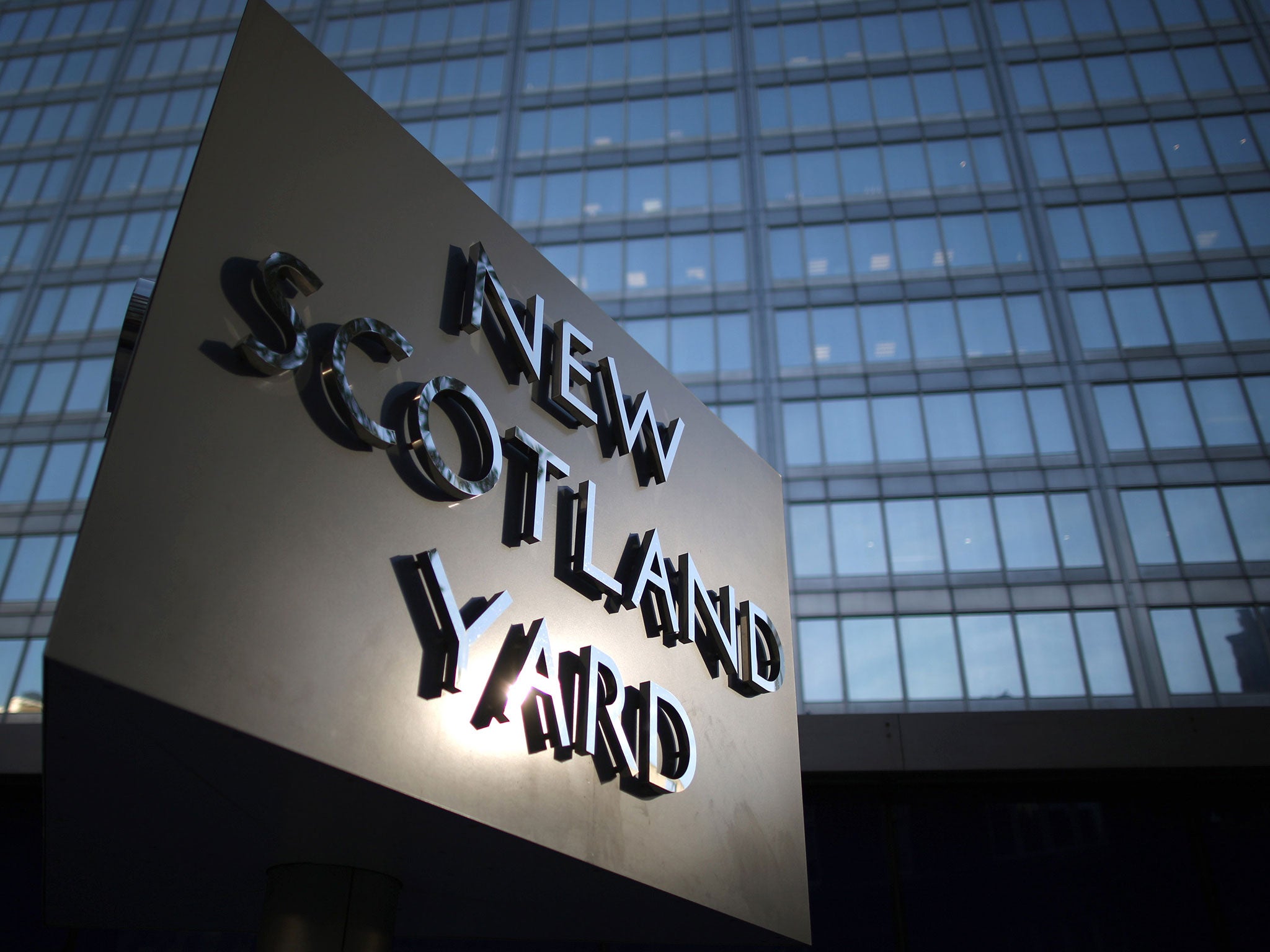Long-term bail allows lazy police and prosecutors to leave cases to gather dust
Where are the checks and balances to make sure power isn't being abused?

Your support helps us to tell the story
From reproductive rights to climate change to Big Tech, The Independent is on the ground when the story is developing. Whether it's investigating the financials of Elon Musk's pro-Trump PAC or producing our latest documentary, 'The A Word', which shines a light on the American women fighting for reproductive rights, we know how important it is to parse out the facts from the messaging.
At such a critical moment in US history, we need reporters on the ground. Your donation allows us to keep sending journalists to speak to both sides of the story.
The Independent is trusted by Americans across the entire political spectrum. And unlike many other quality news outlets, we choose not to lock Americans out of our reporting and analysis with paywalls. We believe quality journalism should be available to everyone, paid for by those who can afford it.
Your support makes all the difference.There is a story, possibly apocryphal, that when Andrew Mitchell unearthed evidence that he had been “framed” by Downing Street police, he wanted to make a statement saying: “This is outrageous. How can the police do this to me? I am Cabinet minister.”
But after he was persuaded by an astute colleague to alter it, he said: “If this can happen to a senior minister, then what chance does a youth in Brixton have?”
I was struck by this distinction last week in relation to a different police investigation of which, indirectly, I had knowledge. It concerns a journalist, a friend of mine, who was arrested as part of the Metropolitan Police’s phone hacking investigation.
I have been outraged at how he has been treated, and, while he is a friend, I think there is a wider issue of public concern.
The basic facts are these: in 2012 the Times journalist Patrick Foster was accused during the Leveson Inquiry of “hacking” into an email account run by an anonymous police blogger three years before in 2009.
He was said to have used the “hack” to identify the blogger – which resulted in the policeman being identified. Furthermore Mr Foster was accused of providing a misleading statement to the High Court when the policeman tried to take out an injunction to stop his name being published. Such allegations were bound to come to the attention of the police and rightly so. But the manner in which they conducted their investigation should be unacceptable in any society governed by the rule of law.
After the allegations became public Mr Foster wrote a letter to the police promising to answer any questions. They confirmed it was “highly likely” that they would want to speak to him and would “make arrangements as necessary”.
Seven months later those “arrangements” turned out to be a dawn raid at his home. He was interviewed under caution and placed on police bail and told to return several months hence to find out if he was to be charged.
At the time, Mr Foster was working as a freelance journalist – and that work quickly dried up under the suspicion. When he returned to the police station he was bailed again for several more months. Then again. Then again.
That went on for two years during which time he was unable to work or plan and had to wait every three months to find out if he were to face charges.
It was not a complicated case; all the information was in the public domain or available to the police before his arrest. At no stage has he been given any explanation for the delay.
Last week the police offered him a caution for committing a technical breach of the Computer Misuse Act. He still maintains he was innocent and believes that if he had rejected it no charges would have followed.
So why does this matter? How does it pass the Brixton test? Well, because last year around 3,000 other people were held on police bail for one to three years. There are no time limits, no judicial oversight and no proper checks and balances on the police to make sure power is not being abused.
It allows lazy police and prosecutors to leave cases to gather dust. It allows a form of punishment by default, even though we believe in the principle of innocent until proven guilty. And in any civilised society that has to be unjust.
To go back to Andrew Mitchell, this is not about special pleading for journalists (or politicians). It is an issue that should concern us all and needs to be urgently addressed.
Join our commenting forum
Join thought-provoking conversations, follow other Independent readers and see their replies
Comments